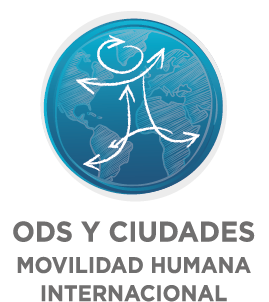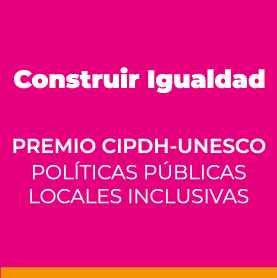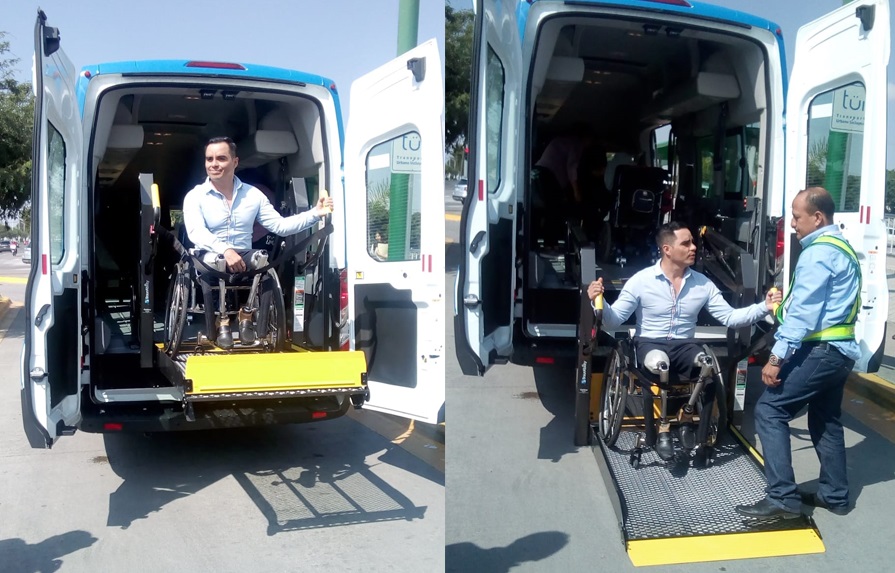
- Region
- Latin America and the Caribbean
- Range of Demographic Size
- 1,000,000 inhabitants or more (metropolis)
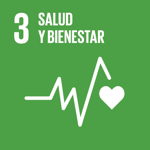
3.7 By 2030, ensure universal access to sexual and reproductive health-care services, including for family planning, information and education, and the integration of reproductive health into national strategies and programmes.
3.8 Achieve universal health coverage, including financial risk protection, access to quality essential health-care services and access to safe, effective, quality and affordable essential medicines and vaccines for all.
3.9 By 2030, substantially reduce the number of deaths and illnesses from hazardous chemicals and air, water and soil pollution and contamination.
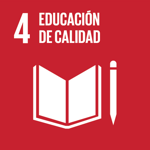
4.3 By 2030, ensure equal access for all women and men to affordable and quality technical, vocational and tertiary education, including university.
4.4 By 2030, substantially increase the number of youth and adults who have relevant skills, including technical and professional skills, to access employment, decent jobs and entrepreneurship.
4.5 By 2030, eliminate gender disparities in education and ensure equal access to all levels of education and vocational training for the vulnerable, including persons with disabilities, indigenous peoples and children in vulnerable situations.
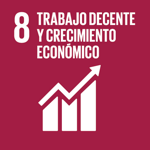
8.5 By 2030, achieve full and productive employment and decent work for all women and men, including for young people and persons with disabilities, and equal pay for work of equal value.
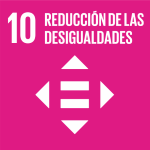
10-2 By 2030, empower and promote the social, economic and political inclusion of all, irrespective of age, sex, disability, race, ethnicity, origin, religion or economic or other status.
10.3 Ensure equal opportunity and reduce inequalities of outcome, including by eliminating discriminatory laws, policies and practices and promoting appropriate legislation, policies and action in this regard.
10.4 Adopt policies, especially fiscal, wage and social protection policies, and progressively achieve greater equality.
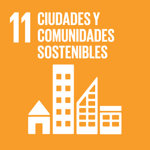
11.2 By 2030, provide access to safe, affordable, accessible and sustainable transport systems for all, improving road safety, notably by expanding public transport, with special attention to the needs of those in vulnerable situations, women, children, persons with disabilities and older persons.
11.3 By 2030, enhance inclusive and sustainable urbanization and capacity for participatory, integrated and sustainable human settlement planning and management in all countries.
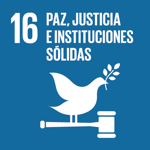
16.3 Promote the rule of law at the national and international levels and ensure equal access to justice for all.
16.6 Develop effective, accountable and transparent institutions at all levels.
16.7 Ensure responsive, inclusive, participatory and representative decision-making at all levels.
• Inter-American Convention on the Elimination of all Forms of Discrimination Against Persons with Disabilities
Universal Declaration of Human Rights (UDHR).
Convention on the Rights of Persons with Disabilities (CRPD).
International Covenant on Economic, Social and Cultural Rights (ICESCR).
Additional Protocol to the American Convention on Human Rights in economic, social and cultural rights (San Salvador Protocol).
Others
Summary
This Policy implements the development of programs aimed at allow social, work, cultural and health inclusion for people with disabilities. To this end, it aims to: i) create free access spaces in the city; ii) foster the economy of people with disabilities by means of labor and educational integration; iii) prevent and cater for the medical needs of people with disabilities, and iv) open new spaces for social and cultural inclusion. Its strategies of intervention are structured in 4 areas that favor the inclusion of the target population: health, social, work and mobility.
Implementation Date:
Start: 02 / 8 / 2016
End: End: Currently in force
Financial/legal/technical assistence
Education and training
- Web: https://www.leon.gob.mx/leon/
- Social Network:
Instrumentos

3.7 By 2030, ensure universal access to sexual and reproductive health-care services, including for family planning, information and education, and the integration of reproductive health into national strategies and programmes.
3.8 Achieve universal health coverage, including financial risk protection, access to quality essential health-care services and access to safe, effective, quality and affordable essential medicines and vaccines for all.
3.9 By 2030, substantially reduce the number of deaths and illnesses from hazardous chemicals and air, water and soil pollution and contamination.

4.3 By 2030, ensure equal access for all women and men to affordable and quality technical, vocational and tertiary education, including university.
4.4 By 2030, substantially increase the number of youth and adults who have relevant skills, including technical and professional skills, to access employment, decent jobs and entrepreneurship.
4.5 By 2030, eliminate gender disparities in education and ensure equal access to all levels of education and vocational training for the vulnerable, including persons with disabilities, indigenous peoples and children in vulnerable situations.

8.5 By 2030, achieve full and productive employment and decent work for all women and men, including for young people and persons with disabilities, and equal pay for work of equal value.

10-2 By 2030, empower and promote the social, economic and political inclusion of all, irrespective of age, sex, disability, race, ethnicity, origin, religion or economic or other status.
10.3 Ensure equal opportunity and reduce inequalities of outcome, including by eliminating discriminatory laws, policies and practices and promoting appropriate legislation, policies and action in this regard.
10.4 Adopt policies, especially fiscal, wage and social protection policies, and progressively achieve greater equality.

11.2 By 2030, provide access to safe, affordable, accessible and sustainable transport systems for all, improving road safety, notably by expanding public transport, with special attention to the needs of those in vulnerable situations, women, children, persons with disabilities and older persons.
11.3 By 2030, enhance inclusive and sustainable urbanization and capacity for participatory, integrated and sustainable human settlement planning and management in all countries.

16.3 Promote the rule of law at the national and international levels and ensure equal access to justice for all.
16.6 Develop effective, accountable and transparent institutions at all levels.
16.7 Ensure responsive, inclusive, participatory and representative decision-making at all levels.
• Inter-American Convention on the Elimination of all Forms of Discrimination Against Persons with Disabilities
Universal Declaration of Human Rights (UDHR).
Convention on the Rights of Persons with Disabilities (CRPD).
International Covenant on Economic, Social and Cultural Rights (ICESCR).
Additional Protocol to the American Convention on Human Rights in economic, social and cultural rights (San Salvador Protocol).
Others
Location
- Region
- Latin America and the Caribbean
- Range of Demographic Size
- 1,000,000 inhabitants or more (metropolis)
Contact details
- Email:
- Web: https://www.leon.gob.mx/leon/
- Telephone:
- Social network:


